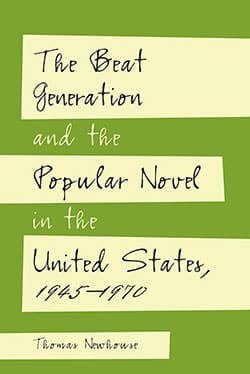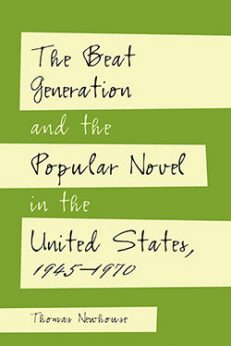The Beat Generation and the Popular Novel in the United States, 1945–1970
$39.95
In stock
About the Book
The “Beat Generation” that emerged after World War II and reached its zenith in the 1960s represented an era of new perspectives. The questioning, anti-establishment view of the world prevalent among the various members of the Beat Movement found its voice in both novels and poetry. The novels especially, or what might be called underground narratives, were a driving force within the literary, social and cultural revolution that characterized the Beats. This study of the American novel during that era presents the forerunners of the literary tradition of the Beats and examines the major genres of the Beat novel: the juvenile delinquent novel, the self-discovering novel of individuality, the gay novel, the drug novel, the new journalism, and novels taking on topics of defiance and submission. From novels that have found a mainstream acceptance, like The Blackboard Jungle, The Electric Kool-Aid Acid Test, and On the Road, to lesser-known works like Go, Young Adam, and Flee the Angry Strangers, numerous representative works are examined in depth. Also included is a chronology of underground narratives, showing the development of these novels from their early twentieth century antecedents to current works.
About the Author(s)
Bibliographic Details
Thomas Newhouse
Format: softcover (6 x 9)
Pages: 199
Bibliographic Info: photos, chronology, notes, index
Copyright Date: 2000
pISBN: 978-0-7864-0841-2
eISBN: 978-1-4766-2184-5
Imprint: McFarland
Book Reviews & Awards
- “recommended”—Library Journal
- “provides a cultural scope introducing new readers to alternative fiction…expands the Beat canon and shows how the Beats and their contemporaries moved in a progression from adolescent rebellion to theoretical schools of writing”—Choice





